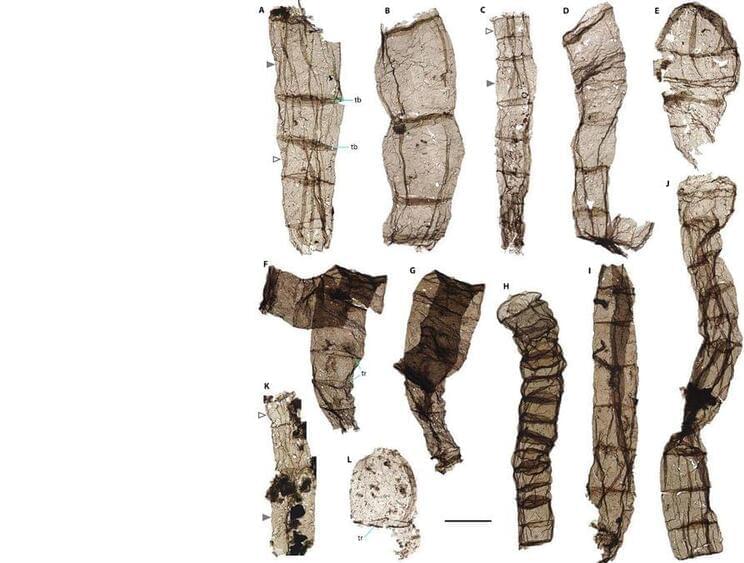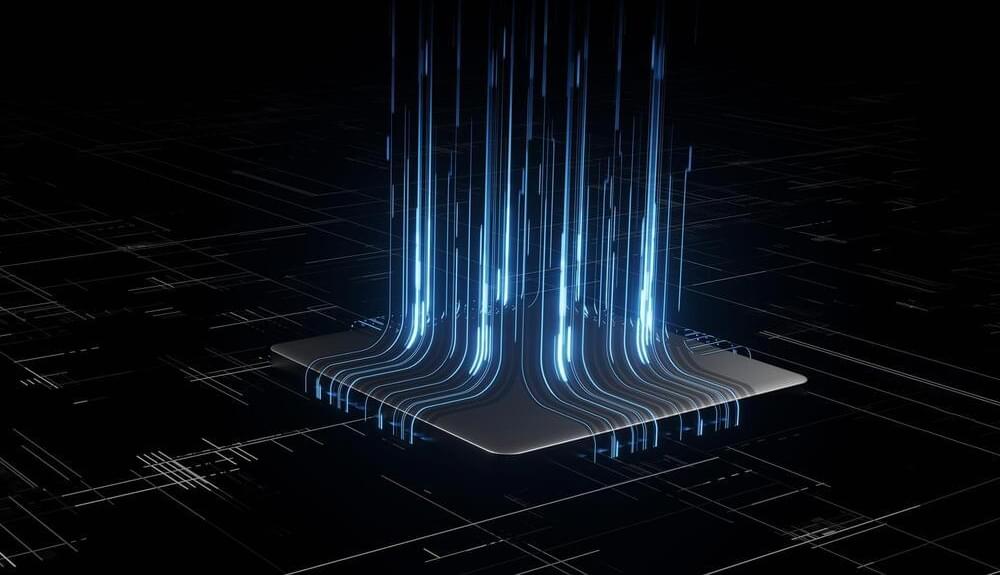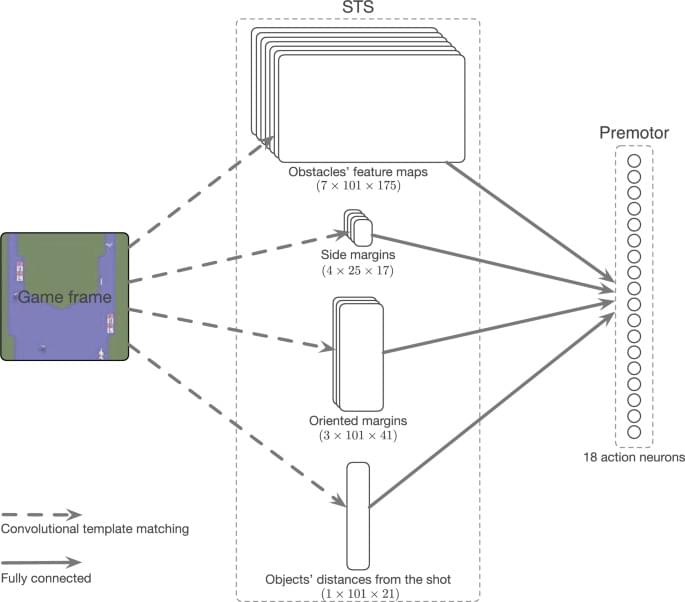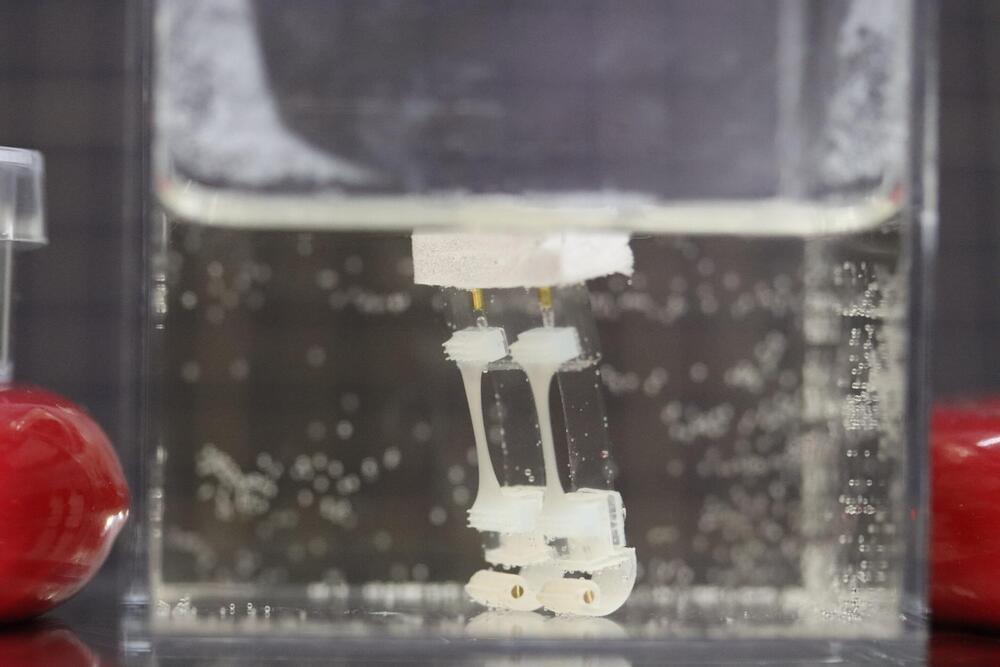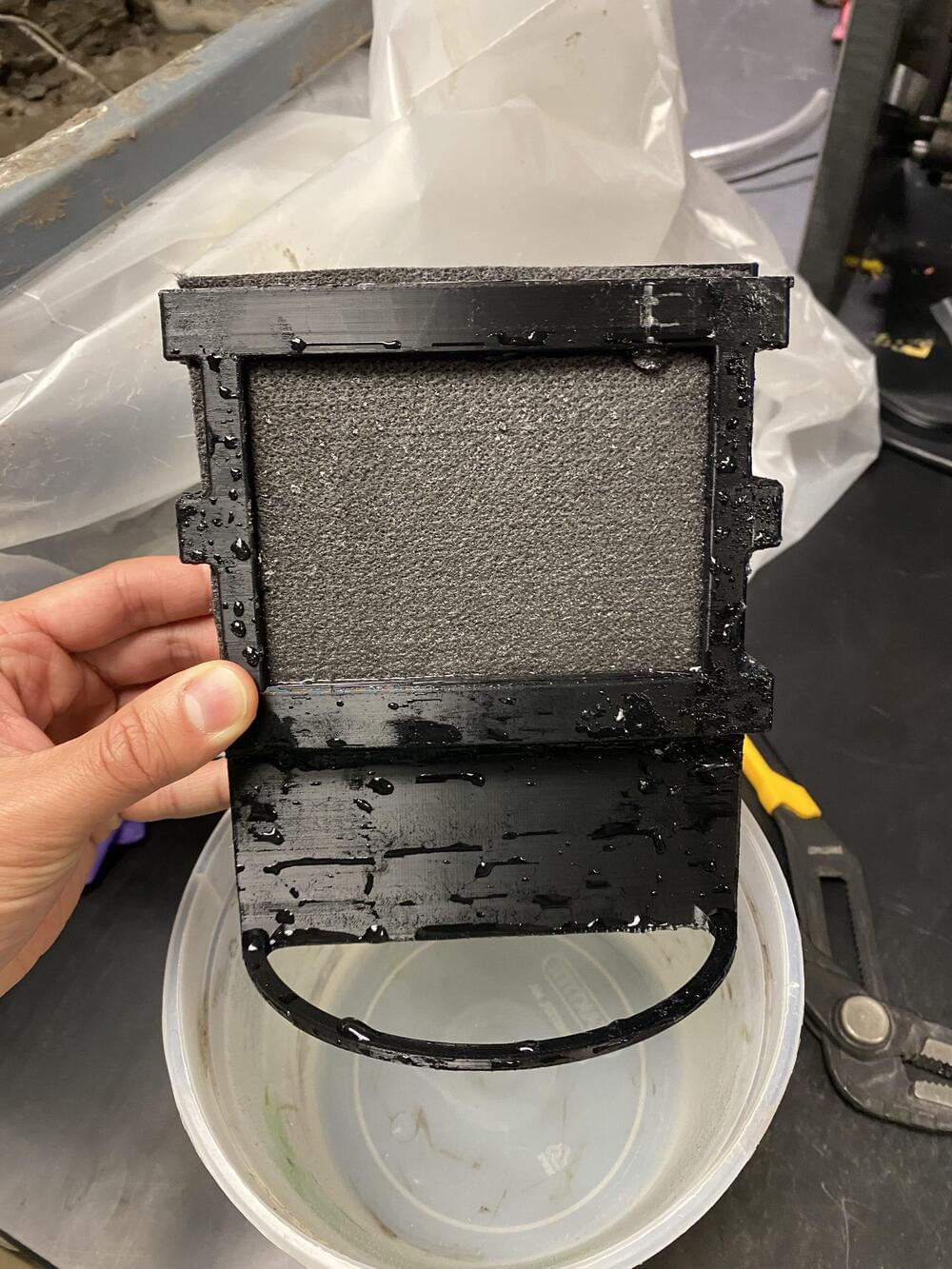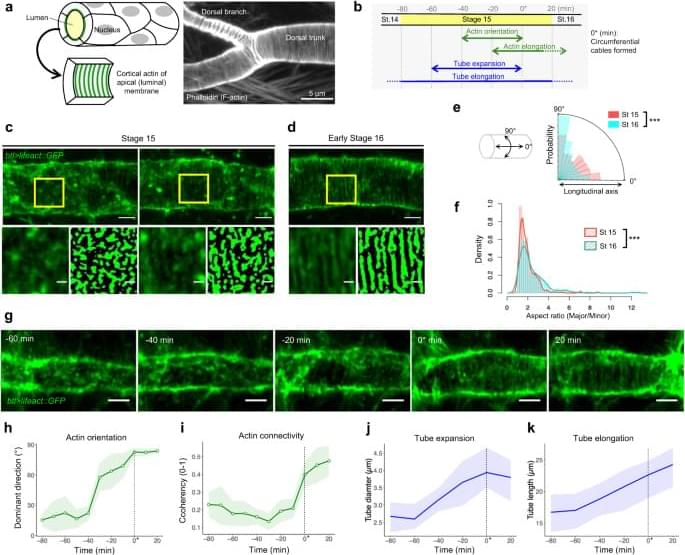
In this urban rooftop setting, we saw more diversity in the fungal communities of the inoculated soil,” said Dr. Paul Metzler. “The long-term and consistent effects of the inoculum were quite surprising, as it’s not necessarily something you would expect when working with such small microorganisms.
How can urban rooftops, also known as green roofs, be improved to better help the environment? This is what a recent study published in New Phytologist hopes to address as a team of researchers led by Dartmouth College investigated how the right amount of soil microbes on urban rooftops could be used to strengthen urban rooftops. Traditionally, such rooftops use less-than-ideal methods that result in their positive environmental impact reducing over time, including the use of non-native plants in infertile soil. This study holds the potential to help scientists, city planners, and the public better understand the positive environmental impacts of urban rooftops.
For the study, the researchers built their own green roof in Chicago using locally obtained mycorrhizal fungi into the soil to produce an inoculation effect. Studies have shown that mycorrhizal fungi enhance plant life by trading much-needed nutrients to the plants for plant sugar. Over the next two years, the team actively managed the mycorrhizal fungi communities to ascertain their impact on the urban rooftop soil communities, whereas urban rooftops are traditionally passively managed. In the end, the researchers not only found that mycorrhizal fungi provide more robust and diverse soil communities, but they also found that active management was the ideal method for ensuring the mycorrhizal fungi maintain their development, and even accelerates it.
Continue reading “Harnessing Native Microbes for Green Roof Soil Health” »



